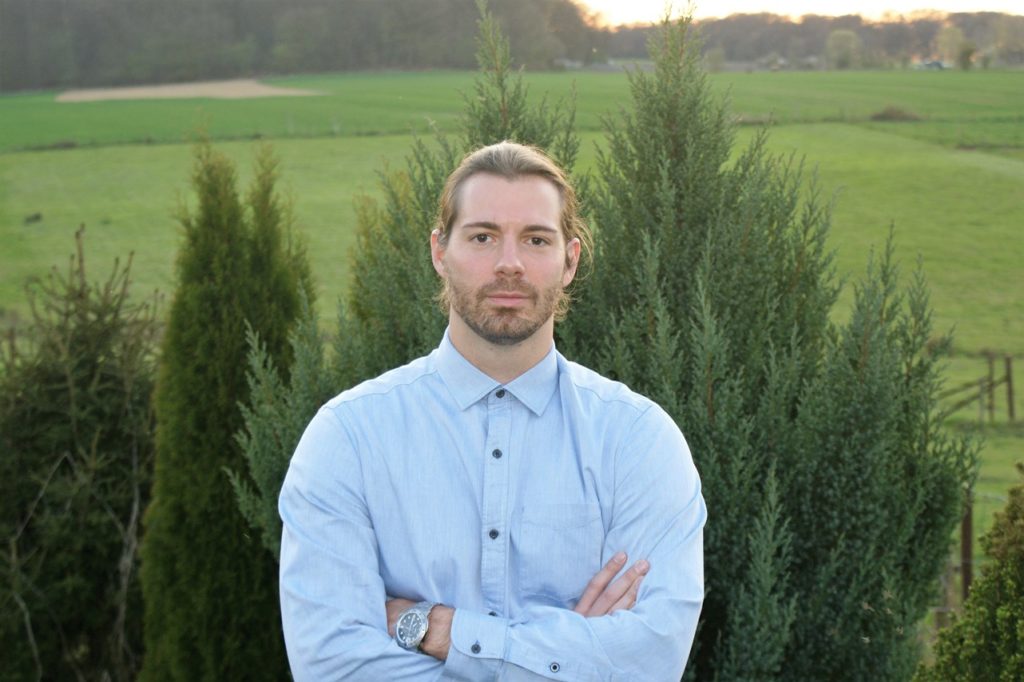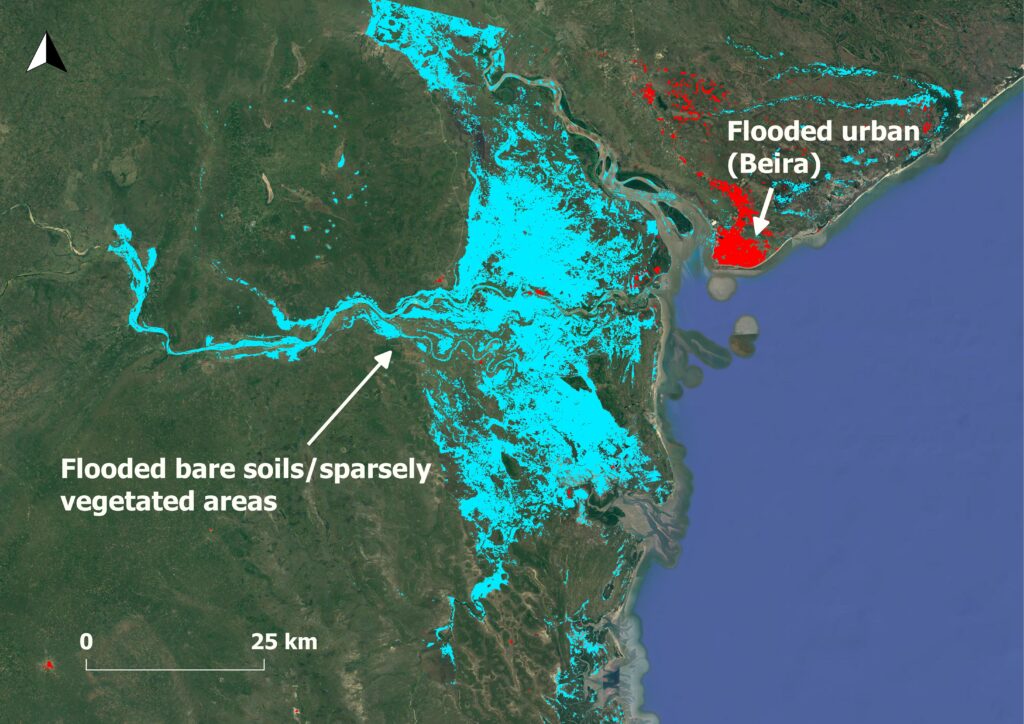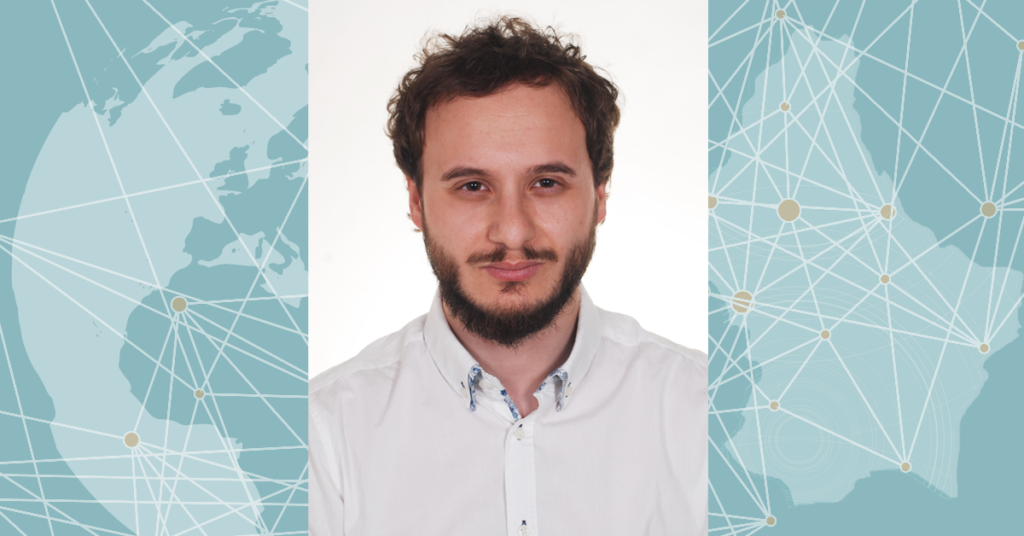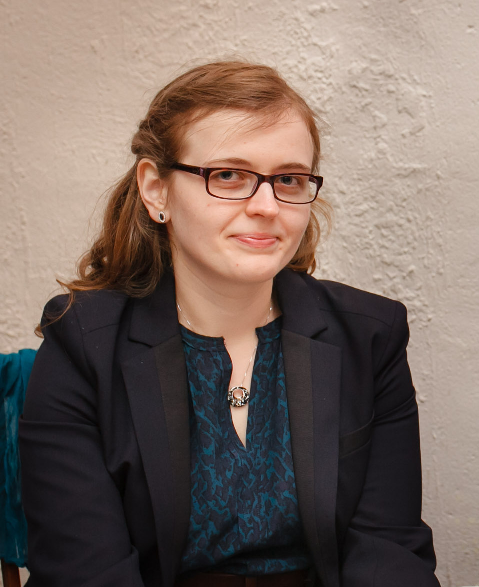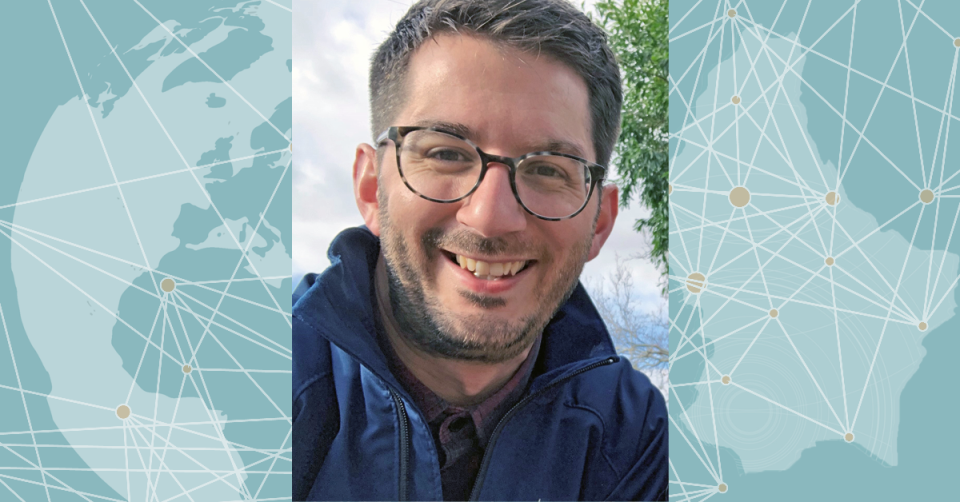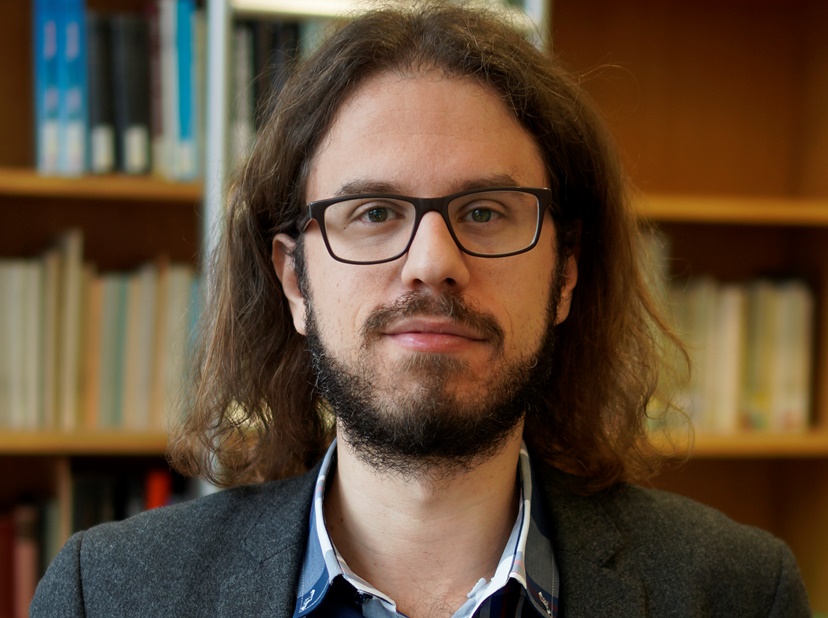Zhe Liu’s passion for research grew from a desire to find out how things work and why. Considering himself as a ‘Luxembourg-made Chinese researcher’, Zhe came to Luxembourg in 2011 for his AFR PhD, a project for which he later won an FNR Award for ‘Outstanding PhD Thesis’ in 2016. After his PhD, Zhe moved to Canada but, missing Luxembourg, he returned to the Grand Duchy and is now continuing his research into the security of Wireless Sensor Networks at the SnT at the University of Luxembourg, as a research associate. We spoke to Zhe about his research, goals and Luxembourg’s potential as a research destination.
Your research deals with the security of Wireless Sensor Networks (WSNs), why is this important, and what does your research entail?
“WSNs are nowadays used in a wide variety of applications, even though few people recognize them. For example, sensors play a crucial role in autonomous vehicles (i.e. self-driving cars) as they enable them to recognize traffic conditions or road signs.
“Wireless sensors are also important in health care, e.g. to monitor the vital body functions of a patient. In both application domains, security is of paramount importance since an attacker with the ability to manipulate sensor readings or to suppress their transmission can cause serious harm, which could in the worst case even be life-threatening.
“I design and implement cryptographic algorithms (including both pre-quantum and post-quantum variants) to protect the data collected by small sensor nodes and the transmission of data to a central computer for evaluation and decision making.”
What inspired you to pursue the path of research?
“I was always interested in the world around me and wanted to figure out how things work and why. For me, it started as a child, since I always found it very exciting to know new things and learn as much as I could about everything I saw around. Research is like ‘You can ask a simple question, think of a way to answer it, and then try to figure it out if you are right or wrong.’
“When I was an M.Sc. student, I had the opportunity to work with some world-renowned professors and tried to find new solutions for some open problems. What I like about being a researcher is that you are given the freedom to explore new things and have the chance to constantly feel young. I get to learn as much as I can and try to find better solutions to make the Internet more secure, which in the end I hope will contribute to give people a better standard of living.”
What are your goals, as a researcher?
“The main goal I would like to achieve is that my research generates impact in the real world. The importance of focusing on real-world problems and coming up with practical solutions is something I learned in the past few years during my PhD studies and thereafter as an independent researcher.
“I am also lucky to have the opportunity to work with some world-class researchers, most notably my PhD supervisors Prof Jean-Sébastien Coron and Johann Großschädl at the Laboratory of Algorithmics, Cryptology and Security (LACS) of University of Luxembourg, my post-doc supervisors Prof Michele Mosca and Prof David Jao at the Insitute for Quantum Computing (IQC) of the University of Waterloo, as well as Prof Peter Ryan from SnT.
“I was impressed by their research skills and they have shown me great examples on how to pick interesting research topics and how to conduct high-quality research.”
You are originally from China, what made you decide to come to Luxembourg?
“I consider myself a Luxembourg-made Chinese researcher! My connection with University of Luxembourg started in 2009 when I was one of three students to take part in an exchange program between Shandong University and the University of Luxembourg. Later, in 2011, I received an AFR PhD grant, which made it possible to return to the University of Luxembourg for four more years. After finishing my PhD, I worked in Canada for 1.5 years, but I personally missed the great time I had in Luxembourg, especially the fantastic research environment, the international flair of the country, and the diverse cultures around.”
What have been some of the highlights during your time in Luxembourg?
“I am the first student from China who received the FNR Outstanding PhD Thesis Award, which is a great honour for me. In April 2017, I returned to Luxembourg to join SnT as a research associate after my research stay in Canada. One of my first activities in SnT was to write a funding proposal for an FNR CORE Junior project.
“In summary, my research career and progress has to a large extent been enabled by the University of Luxembourg and supported by the FNR. I hope that one day I will be in a position to further strengthen the ties between Luxembourg and China by initiating research collaborations and enabling Luxembourgish students to spend research stays in China.”
You spent some time in Canada after finishing your PhD in Luxembourg, but you have now come back to Luxembourg. What do you think about Luxembourg’s potential as a research destination?
“In the past decade, the government of Luxembourg has increased the annual budgets for research activities significantly to invest in cutting-edge research. Luxembourg has undergone a rapid development is now establishing itself as a major research center in Europe. One of the landmark events in computer science was the foundation of SnT, which provides an excellent environment to conduct internationally competitive research in information security and cryptography.”
Watch Zhe Liu’s video produced for his 2016 FNR Award in the category ‘Outstanding PhD Thesis’:
Published 17 August 2017
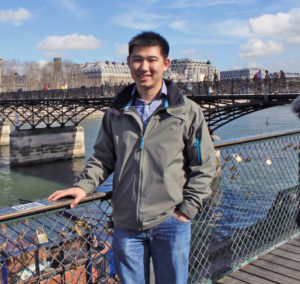
RELATED PROGRAMMES
About Spotlight on Young Researchers
Spotlight on Young Researchers is an FNR initiative to highlight early career researchers across the world who have a connection to Luxembourg. This article is the 24th in a series of 25 articles, which are published on a weekly basis. You can see more articles below as and when they are published.



